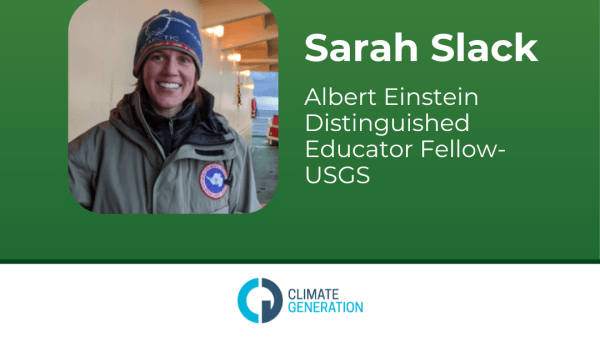Inspiring Student Action Projects Through Urban Heat Island Investigations

Date and Time: April 17, 2024 at 6 PM Eastern Time
Temperatures are rising everywhere, but even more dramatically in city neighborhoods that have the most pavement and least green space. This phenomenon, termed the urban heat island effect, has the potential to increase both the frequency and severity of extreme heat events in cities, thereby adversely impacting the health and welfare of urban residents, especially among the most vulnerable populations and especially within underserved communities. An exploration of the urban heat islands provides an authentic and meaningful way to get students involved in the work of participatory scientists and environmental justice activists.
We will explore strategies to engage students in investigations of temperature variation in the area surrounding your school, in the use of data to identify neighborhoods at risk, in the evaluation of the effectiveness of different mitigation strategies, and in designing ways to present on newly-acquired knowledge with community residents and decision-makers.
Presenter Sarah Slack is currently serving as an Albert Einstein Distinguished Educator Fellow with the USGS in Washington, DC, where she is working to expand the catalog of resources that use USGS science to build environmental and data literacy in students. Prior to this, she taught science and STEM to 8th graders in Brooklyn, NY. Sarah has been co-chair of the New York City Public School’s Climate Education Leadership Team, a teacher-researcher with NASA’s Climate Change Research Initiative, and the educator on an icebreaker for a two month research expedition to the southwest coast of Antarctica. She received the 2022 Math for America Muller Award for Professional Influence in Education and the 2023 FLAG Award for Teaching Excellence.




